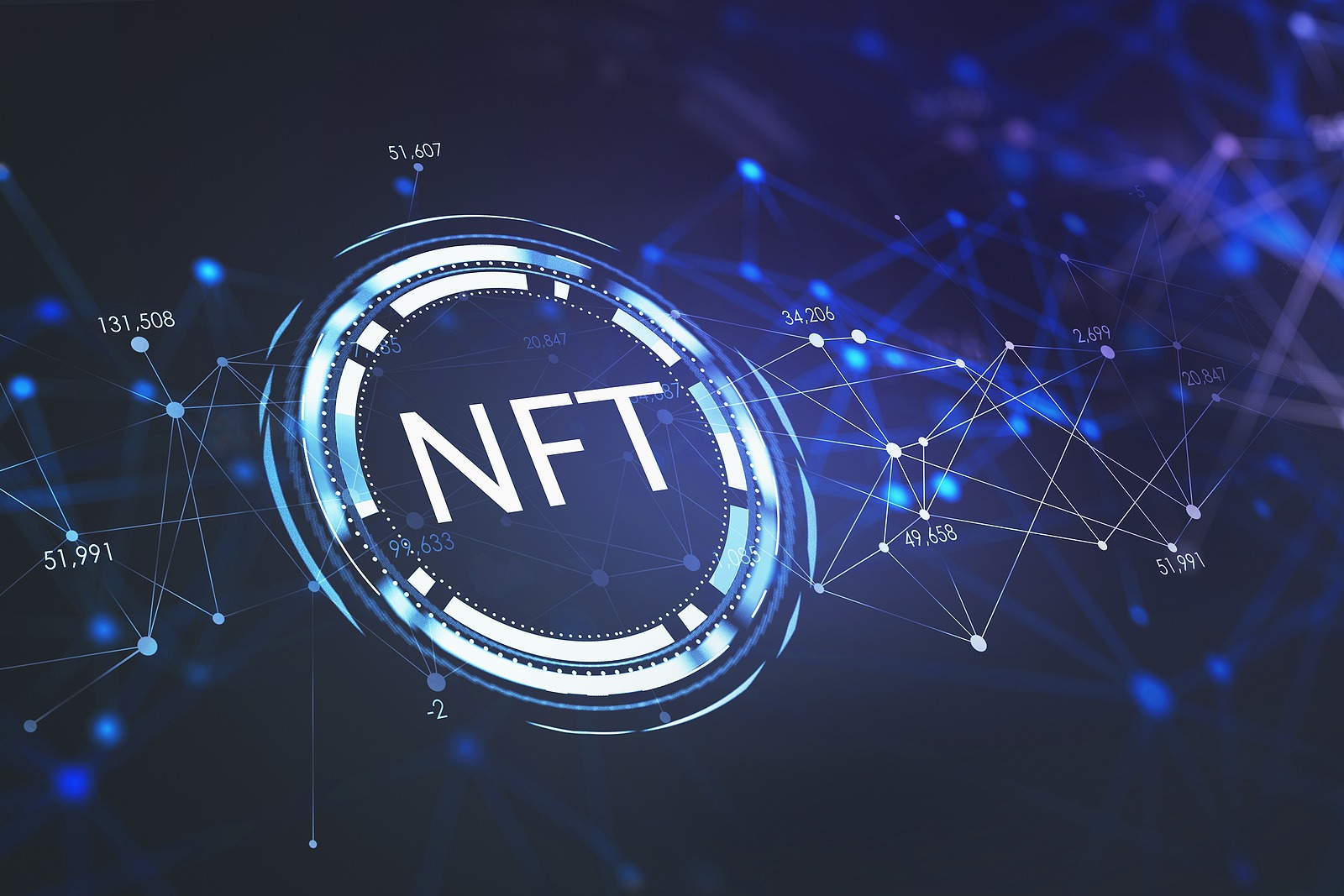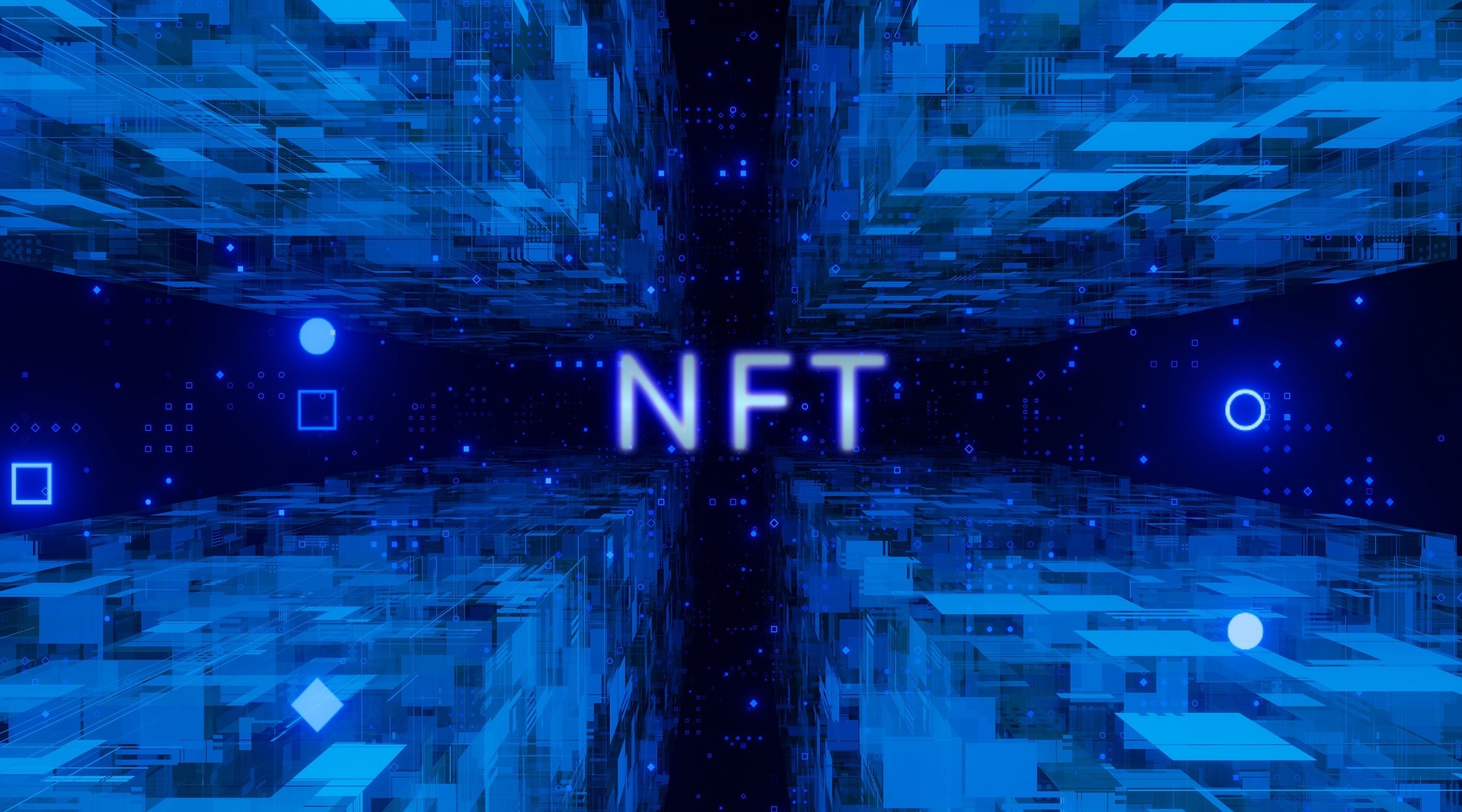Intellectual property (IP) is a vital asset in any business, with the potential to enhance the reputation of products and services, create competitive advantage and increase revenue.
At Blaser Mills, our IP specialists are committed to helping you secure and maximise the value of your intellectual property, ensuring your business is best placed to exploit this potential now and in the future.
To speak to our team, contact Becky Cooper on 020 3814 2020 or email enquiries@blasermills.co.uk. Alternatively, fill in our contact form.
About us
Our dedicated IP team has extensive experience in advising clients on the protection, management, and commercialisation of their intellectual property rights. We understand the importance of IP in driving business growth and innovation, and our expert solicitors are here to guide you through every stage of the process.
With a deep understanding of both legal frameworks and industry practices, our team provides tailored solutions that align with your business goals. We pride ourselves on our pragmatic approach, combining legal expertise with commercial insight to deliver outcomes that make a real difference to your business.
Why choose us?
At Blaser Mills, we recognise that intellectual property is more than just a legal issue; it’s a critical business asset. Our team is equipped to handle the complexities of IP law, offering strategic advice that helps you protect your innovations and leverage them for commercial success.
We advise on trademarks and branding, digital and software rights, know-how and trade secrets, copyright, patents, design rights and confidential information.
Many IP rights rely on contractual provisions to create them, define them and specify who owns them. This is particularly true in the technology sector, for rights in software, websites and apps, SaaS platforms, AI, NFTs etc. Our team is adept at putting in place the contractual framework you need to protect your IP rights.
For registrable rights, such as patents, trade marks and registered design right, we work with specialist trade mark and patent attorneys to set up and manage your IP portfolio and assist if the worst happens and a third party infringes your IP or claims your IP infringes their own.
Our lawyers are highly experienced in helping clients with the commercial exploitation of their IP rights. This might involve the preparation and negotiation of software licenses, the licensed use of brand names and trade marks, or the acquisition and disposal of IP assets.
We are committed to delivering practical, cost-effective solutions that meet the unique needs of your business.
Our approach is proactive, ensuring that your IP strategy is robust, forward-thinking, and capable of adapting to the ever-changing landscape of IP law. We also understand the importance of clear communication, ensuring you are fully informed and confident in the decisions you make.
Who we help?
Our clients include established family businesses and tech startups, UK household names and multinational corporations.
We advise across a broad range of industry sectors, with specific areas of expertise in:
- Technology
- Manufacturing
- Retail
- Transport and logistics
- Automotive
- Sport (e.g. football, rugby, motorsport)
- Advertising, marketing and events
- Professional services
We are regularly consulted in relation to cross-border contractual arrangements across multiple jurisdictions. With our extensive international network of specialist law and other professional services firms, we can provide global support for your business needs.
Contact us
To speak to our team, contact Becky Cooper on 020 3814 2020 or email enquiries@blasermills.co.uk. Alternatively, fill in our contact form.



